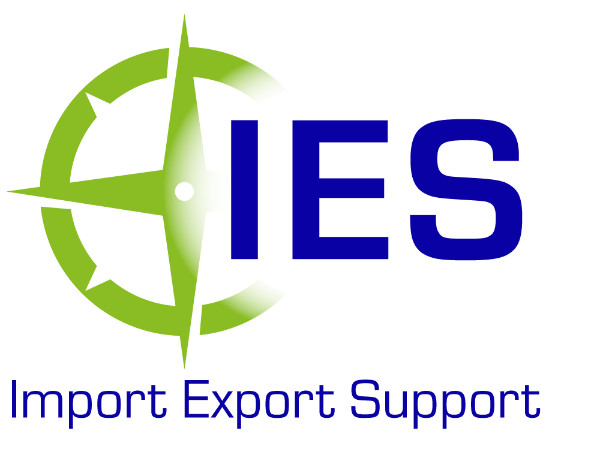As the Brexit bout continues, how can businesses box clever?
As the exit deadline gets closer and the EU & UK heavy weights slug it out in the Brexit negotiations, it is obvious that both sides are trying to land some knock out blows on the opposition. However, this shouldn’t…

